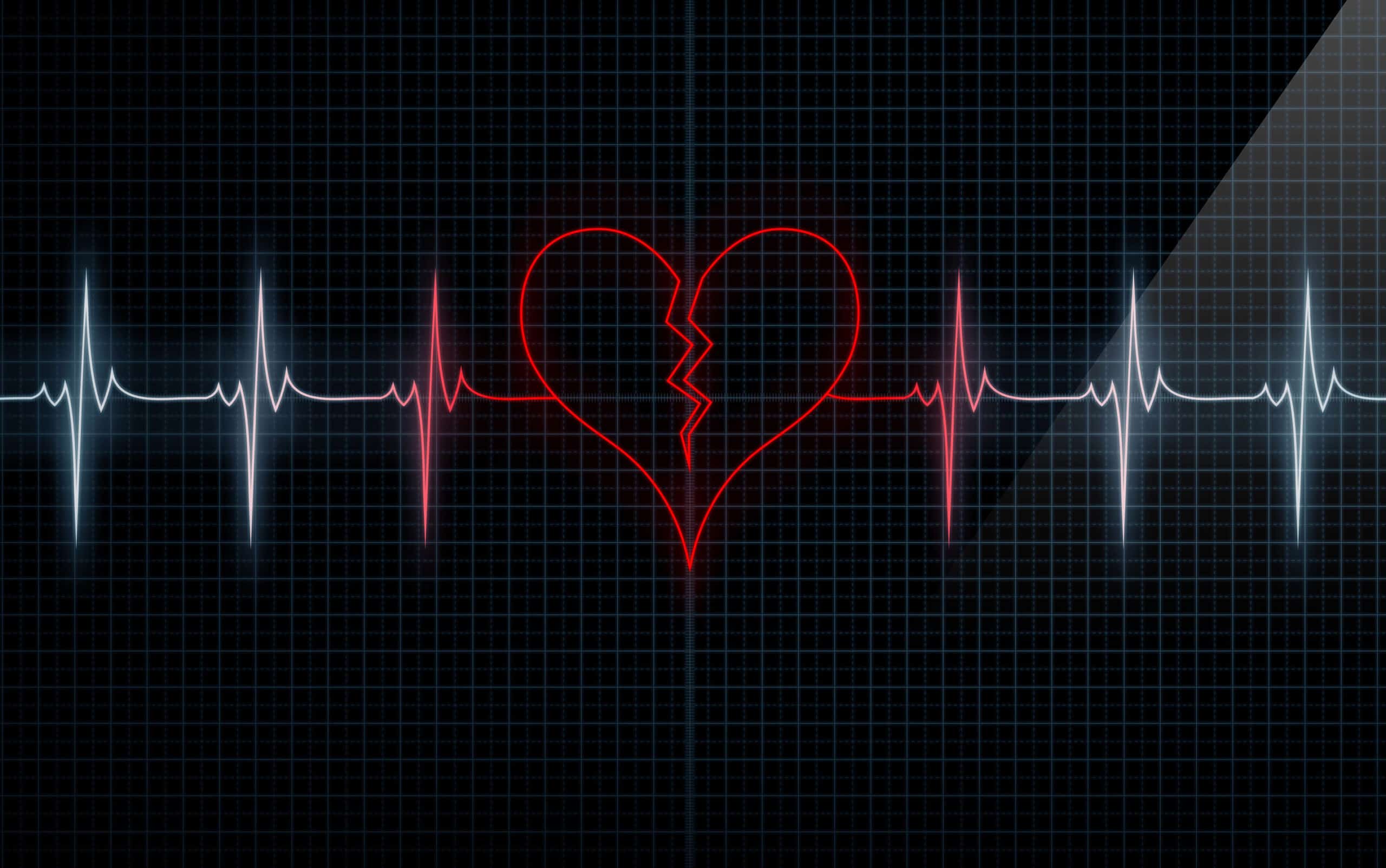Normally this is a cheerful occasion when family and friends get together for a nice meal and merriment, however this study suggests that it also has a darker side finding a person’s risk of heart attack spikes during most holidays and peaks at around 10PM on Christmas Eve and the following two days.
Researchers from Lund University analyzed data from 283, 014 heart attacks in Sweden over a 16 year time frame and found a pattern when heart attacks were more likely; in a nationwide study of hospital admissions for myocardial infarction with symptom onset documented to nearest minute.
Risks were slightly higher before 8AM, and more generally on Mondays, higher risks on New Year’s Day, midsummer holidays, increased risks surrounding major sporting events, and during Islamic holidays in certain regions. The greatest risk was found to be on Christmas Eve where chances increased 35%, which was especially great for those with a history of heart attack or diabetes.
The researchers believe and speculate that holidays are times when people experience high levels of emotional stress which likely affects heart health. While it is not known for certain, high levels of emotional distress with acute experiences of anxiety, anger, grief, sadness, and stress will increases the risk of heart attack; excessive food and alcohol intake, and traveling for long distances may also increase these risks.
This is not the first time holidays have been investigated for their effects on health and safety. Some say suicides increase around the holidays while others say they opposite that they increase in spring and summer. In either case the holidays can increase stress levels in even the most organized and calm person. The team suggests that people should avoid unnecessary stress, take care of elderly relatives, those with risk of heart problems, and avoid excessive drinking and eating.




